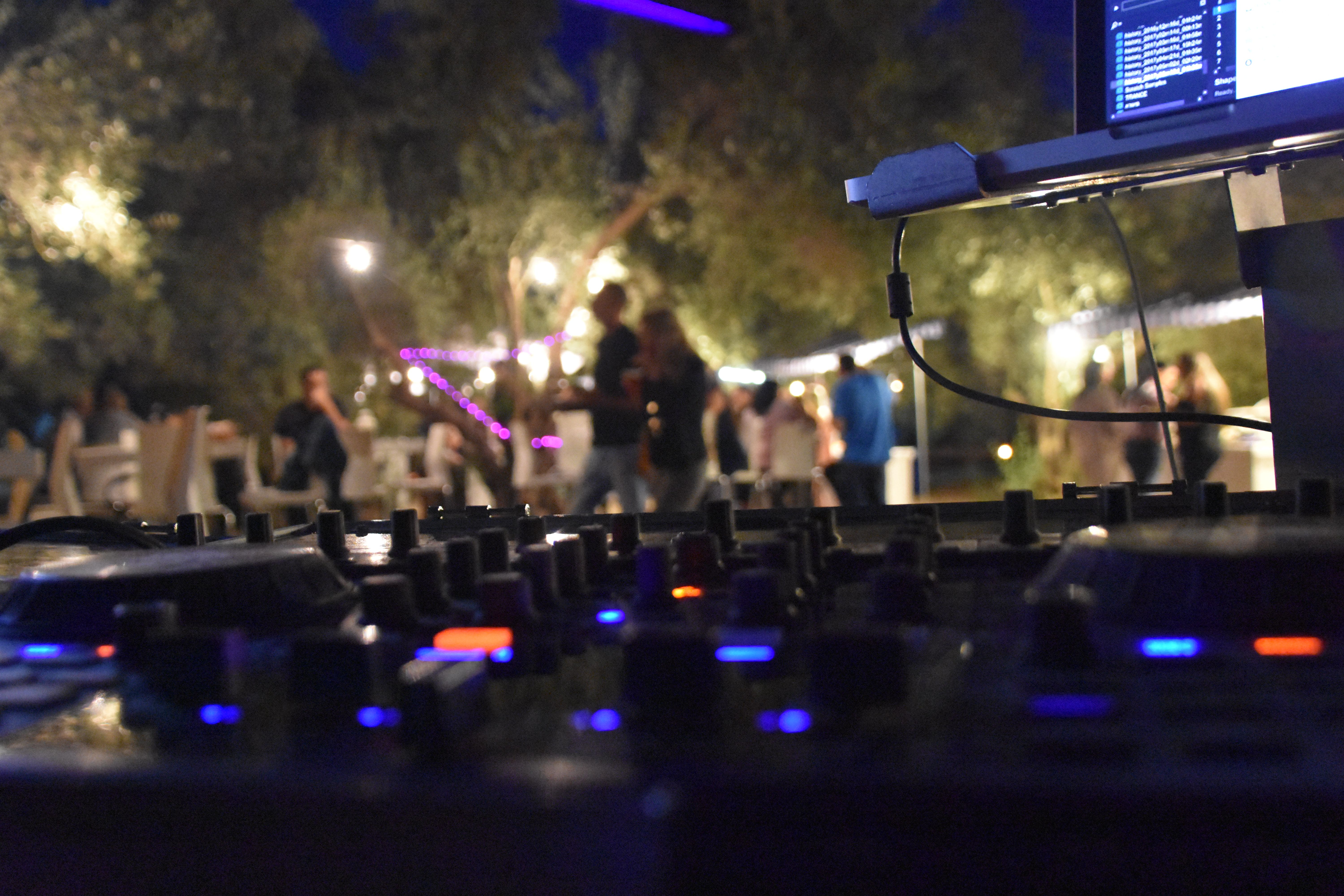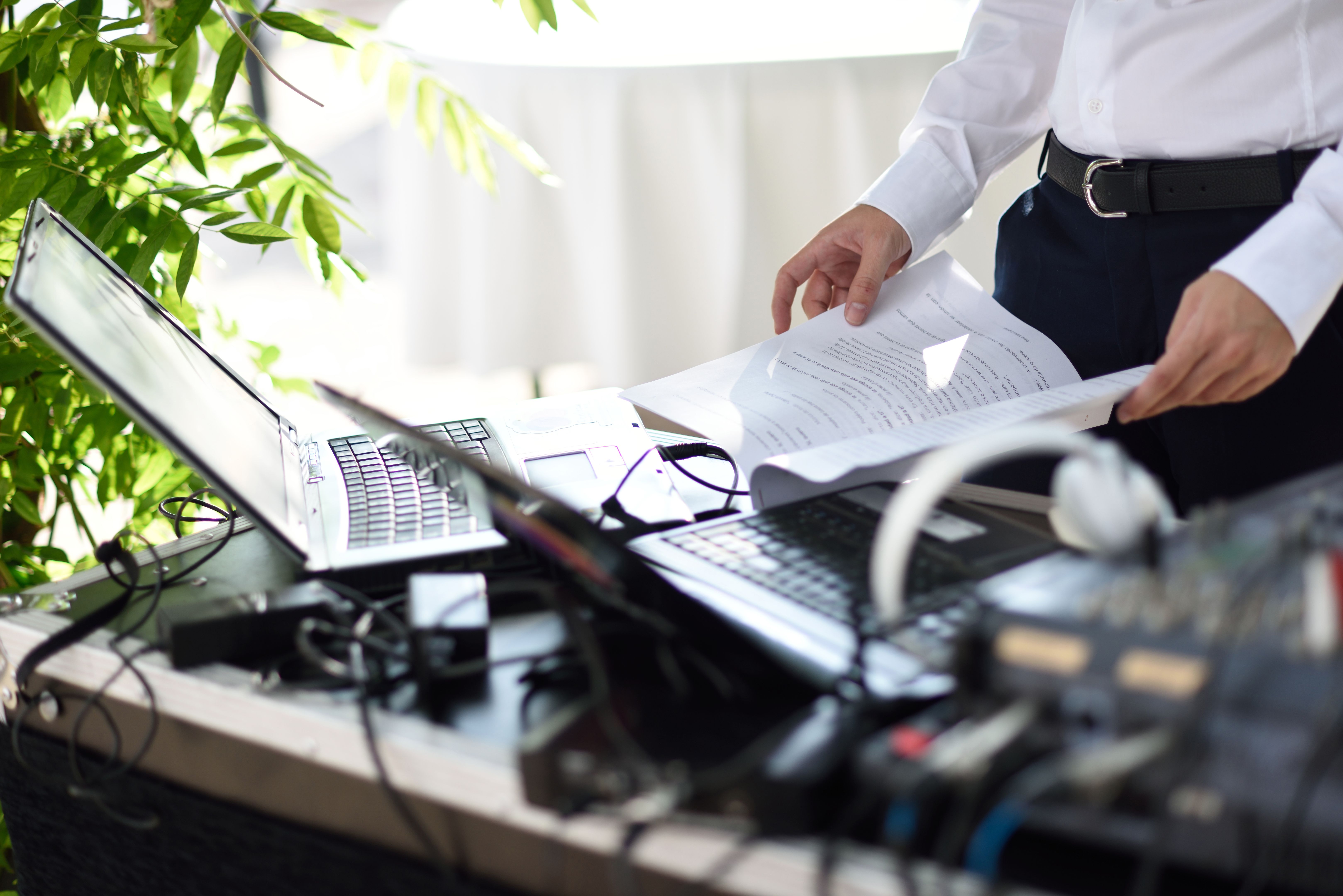Starting Your Journey as a DJ
Understanding the Role of a DJ
Becoming a DJ is more than just playing music. It involves creating an experience and setting the mood for a venue, whether it's a nightclub, wedding, or private party. As a DJ, you have the power to influence the atmosphere and energy of an event, making your role crucial and exciting.
Before diving into the world of DJing, it's important to understand the different types of DJs and what aligns with your interests. From club DJs to radio DJs, each has a unique style and set of responsibilities. Identifying your niche will help you focus on the skills you need to develop.

Investing in Equipment
The right equipment is essential for any aspiring DJ. Your basic setup should include a quality set of headphones, a reliable laptop, DJ software, and a controller or turntable. Investing in high-quality gear can make a significant difference in your performance and longevity in the industry.
While it might be tempting to go for the most expensive equipment on the market, it's more important to choose gear that suits your style and level of expertise. As you grow and develop your skills, you can gradually upgrade your equipment.
Learning the Basics
Understanding the basics of DJing is crucial. This includes learning how to beatmatch, mix tracks seamlessly, and use effects creatively. There are numerous online tutorials and courses available that can help you master these techniques. Practicing regularly is key to developing your skills and confidence as a DJ.
Additionally, familiarize yourself with different music genres and their structures. This knowledge will help you create diverse sets that keep your audience engaged and entertained.

Building Your Music Library
Your music library is your most valuable asset as a DJ. Start by collecting tracks that resonate with your personal style and the type of events you want to play at. It's essential to keep your library organized by genre, BPM, and mood to make it easier for you to find the right track during a live set.
Consider subscribing to music platforms or record pools that offer a wide selection of tracks. Regularly update your library with new releases to stay current with music trends.
Networking and Gaining Experience
Networking is vital in the DJ industry. Attend local events, connect with other DJs, and introduce yourself to event organizers or club managers. Building relationships in the industry can lead to gig opportunities and collaborations.
Gain experience by playing at smaller events or offering your services for free initially. This not only helps you build confidence but also allows you to refine your style and experiment with different setups.

Promoting Yourself
In today's digital age, promoting yourself as a DJ is easier than ever. Create a strong online presence by setting up social media profiles, a website, or a YouTube channel where you can share your mixes and live sets. Engaging with your audience online can help you build a fan base and attract more gigs.
Consider collaborating with other artists or creating remixes to showcase your creativity and versatility. Being active in online DJ communities can also provide valuable feedback and support from fellow DJs.
Continuing Education and Growth
The music industry is ever-evolving, so it's important to stay updated on the latest trends and technologies. Attend workshops, watch webinars, or enroll in advanced courses to keep improving your skills. Staying informed about new techniques and tools will give you an edge in the competitive world of DJing.
Remember that every successful DJ started somewhere. With dedication, practice, and passion for music, you can carve out your own path in this exciting field.
